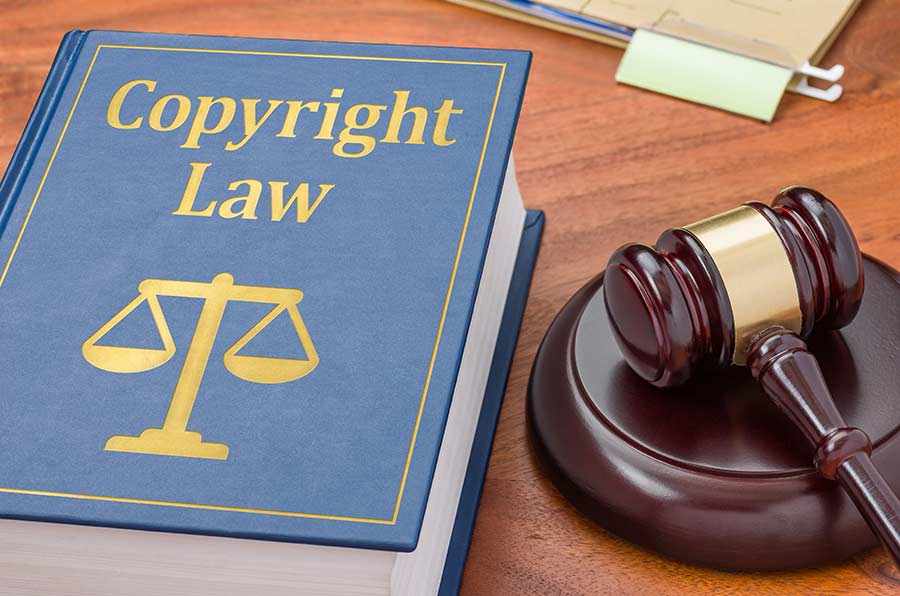Copyright Protects Written Work Reduced to a Tangible Medium
If you are an author, a songwriter, or a screenwriter, you probably know that your written work is protected under copyright law. However, did you also know that the laws cover any written work that has been reduced to a tangible medium? This includes things like website content, online lectures, and even software code.
In order to be protected, it must be reduced to a tangible form (including digital media). An idea in your mind, a storyline or concept for art, not reduced to a tangible medium, is not protected.
Examples of protected work include:
- books
- articles
- plays
- paintings
- sculptures
- poems
- song lyrics
- website content
- lectures recorded in audio or video form
This is not an exhaustive list. Any written work that is reduced to a tangible medium is protected under copyright law.
Who is a Copyright Holder?
In most cases, the creator of the written work is considered the copyright holder. However, there are some exceptions where another party may hold the rights. For example, if you’ve been hired as an employee or independent contractor and your agreement specifies that the other party holds the copyright, then it would be theirs.
Understanding Your Rights as a Copyright Holder
As the holder of the copyright, you need to understand your legal rights. You control how your work is used. You can license your work for any purpose, specific purposes, and can even transfer your copyright to a third party.
Under federal copyright laws, you have the right to enforce your copyright against those who violate it, including seeking injunctions and damages for the infringement.
It’s important to note that copyright protection begins automatically upon the creation of your work, without the need for registration. However, registering your copyright can provide additional legal protection, makes it easier to enforce your rights, and allows you to seek “statutory damages” for infringements of your work.
The Importance of Registering Your Copyright
There are several reasons you would want to register your copyright:
- It creates a public record indicating you are claiming ownership of the work as of a certain date
- A registered copyright acts as evidence of your copyright claim
- By registering within three months of first publication or before the infringement starts, you can seek statutory damages which can be more substantial and easier to prove than actual damages
Statutory Damages Under Copyright Law
Statutory damages are important because you do not have to prove actual damages to recover. Actual damages involve showing a measurable loss, profits someone made using your work or a loss you suffered by their use. Calculating this and substantiating this can be extremely difficult.
In contrast, the law provides for statutory damages, which set for an award without proving actual damages.
As noted above, you need to register within three months of first publication or before the infringement occurs.
Copyright Protects Work That Has Not Been Published
It is also important to note that copyright protection begins upon the creation of your work, whether or not it has been published. If you create the work and put it away in a file, in a box or just in an image on your Mac (for example), you still have your copyright interest in that work.
If your work is infringed prior to registration, you do have the right to enforce your copyright. Your rights are not limited to published works.
Contact Sanders Law Group if Your Copyright Has Been Violated
If you believe your copyrighted work has been infringed upon, contact Sanders Law Group for help enforcing your rights. Our experienced attorneys can help protect and enforce your copyrights, both in negotiating settlements and litigating claims.
Contact us today at (800) 979-3707 to discuss your case.



